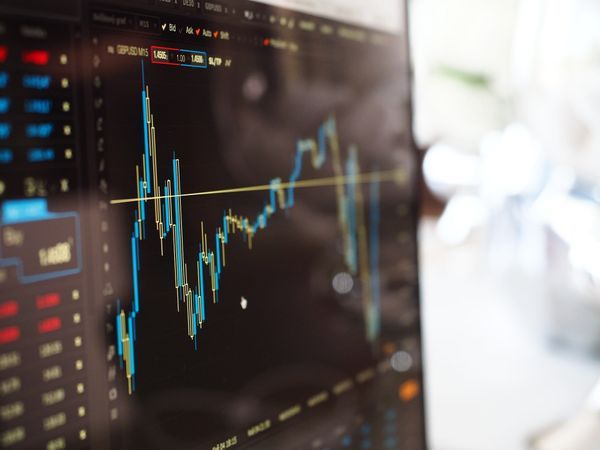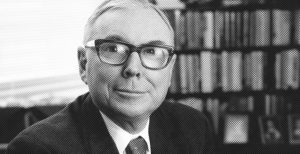Not everyone, but yes certain groups of investors do often engage in panic sales whenever the stock market dips. An average of 0.1% investors are panic selling at any point in time. However, such sales happen more during large market moves, according to research carried out at the Massachusetts Institute of Technology (MIT).
Also Read | Trending Stocks: Whirlpool, Raymond, HDFC, RBL and others in news today
Men over 45 years of age or with more dependents are more prone to
sell-offs when the market drops. Men who have self-identified excellent investment experience or
knowledge are also likely to freak out with greater frequency.
Most of the panic sellers do not return once they leave the market and
miss out on the gains when the market recovers. Normally 31% of the sellers
never return to the market while 58% start reinvesting within half a year.
Also Read | Sensex today: Top five gainers and losers
MIT researchers researched a novel large dataset of brokerage account
information between 2003 and 2015 with the purpose of identity panic selling
and “freakout” behavior on these accounts.
A 40-page paper was released on the 9th of August on their research
findings.
Also Read | Sensex drops to 59,960 while Nifty declines over 20 points in early trade
Research also shows that less likely to freak out during market crashes.
The research does not provide much information on gender-specific behavior but
its states that male investors engage in panic selling more than females.
Self-employed, owners and people in the real estate business are at a
higher risk of panic selling.
Also Read | NSE F&O Ban: Idea, Escorts, Canara, Zeel and others under ban today
Paralegal, minor and social workers are the three occupational groups
who are less likely to panic sell.
The study concludes that panic selling in normal market conditions is
indeed harmful to the median retail investor, freaking out in environments of
sustained market decline prevents further losses and protects one’s capital.
The study’s authors are Daniel Elkind and MIT’s Kathryn Kaminski, Andrew Lo, Kien Wei Siah, and Chi Heem Wong.







